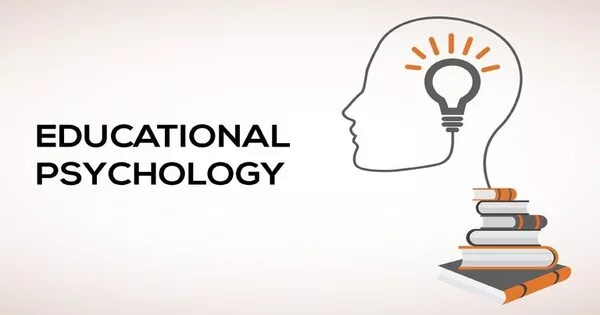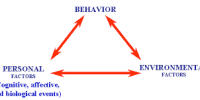Educational psychology is the branch of psychology concerned with the scientific study of human learning. It focuses on understanding how people learn and how educational systems can be designed to improve learning and educational outcomes. The study of learning processes from both cognitive and behavioral perspectives allows researchers to better understand individual differences in intelligence, cognitive development, affect, motivation, self-regulation, and self-concept, as well as their role in learning. It entails the investigation of human behavior and cognitive processes as they relate to the educational setting.
The field of educational psychology heavily relies on quantitative methods, such as testing and measurement, to improve educational activities such as instructional design, classroom management, and assessment, which serve to facilitate learning processes across the lifespan.
The relationship between educational psychology and other disciplines can help us understand it. It is primarily informed by psychology, with a relationship to that discipline that is analogous to the relationship between medicine and biology. Neuroscience also plays a role.
Key areas of interest in educational psychology include:
- Learning theories: This involves examining different theories of learning, such as behaviorism, cognitivism, constructivism, and social learning theory. These theories help educators understand how students acquire knowledge and skills.
- Developmental psychology: Educational psychologists study the cognitive, social, emotional, and physical development of learners at different stages of life. Understanding developmental milestones can aid in designing appropriate educational interventions.
- Motivation and engagement: Educational psychologists investigate the factors that influence students’ motivation to learn and how to foster engagement in the learning process.
- Individual differences: Researchers in this area explore how individual differences, such as intelligence, personality, and learning styles, impact the learning process and how educators can cater to diverse learners.
- Assessment and evaluation: Educational psychologists create and test assessment tools and techniques to accurately assess students’ progress and achievement. They also work to improve the efficacy of educational assessments.
Educational psychology, in turn, informs a wide range of educational studies specialties such as instructional design, educational technology, curriculum development, organizational learning, special education, classroom management, and student motivation.
Educational psychology draws on and contributes to cognitive and learning sciences. Departments of educational psychology are typically housed within faculties of education in universities, which may account for the lack of representation of educational psychology content in introductory psychology textbooks.
Educational psychologists use their expertise to improve educational practices, devise effective teaching methods, create curricula, and improve learning environments. In educational settings, they frequently collaborate with teachers, administrators, parents, and other professionals to promote student success and well-being.
















